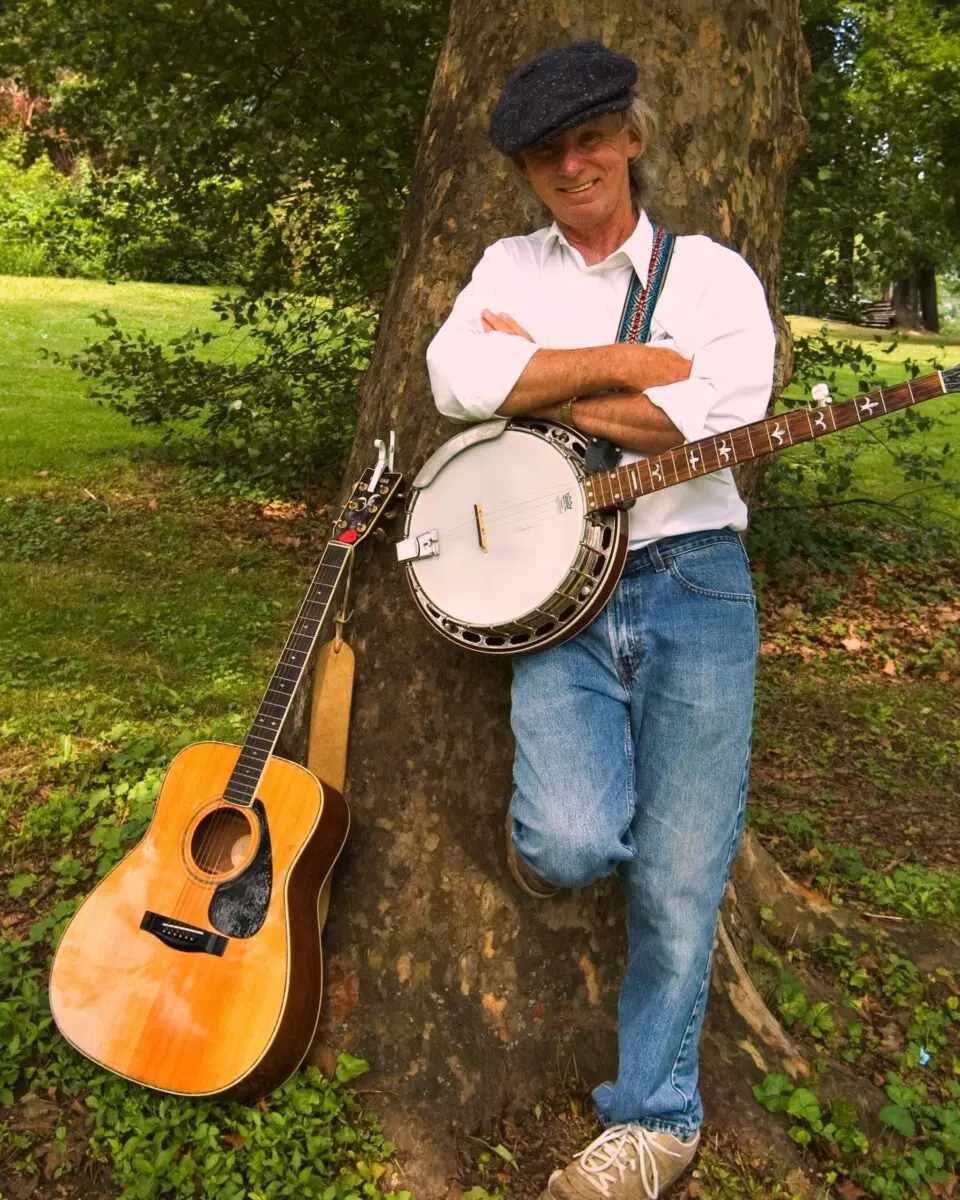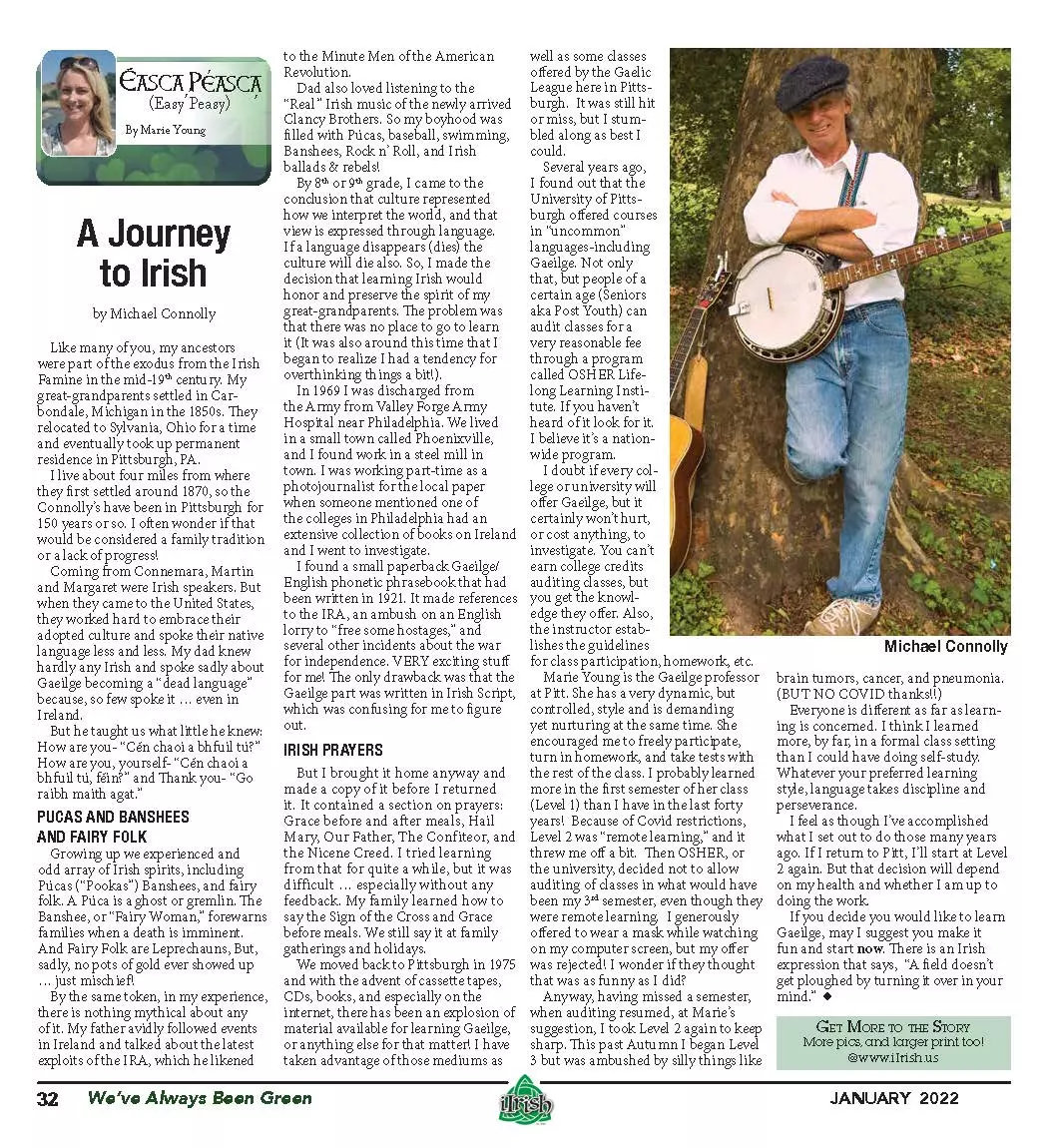Easca Peasca: A Journey to Irish
by Michael Connolly

Like many of you, my ancestors were part of the exodus from the Irish Famine in the mid-19th century.
My great-grandparents settled in Carbondale, Michigan in the 1850s. They relocated to Sylvania, Ohio for a time and eventually took up permanent residence in Pittsburgh, PA.
I live about four miles from where they first settled around 1870, so the Connolly’s have been in Pittsburgh for 150 years or so. I often wonder if that would be considered a family tradition or a lack of progress!
Coming from Connemara, Martin and Margaret were Irish speakers. But when they came to the United States, they worked hard to embrace their adopted culture and spoke their native language less and less. My dad knew hardly any Irish and spoke sadly about Gaeilge becoming a “dead language” because, so few spoke it … even in Ireland.
But he taught us what little he knew: How are you- “Cén chaoi a bhfuil tú?” How are you, yourself- “Cén chaoi a bhfuil tú, féin?” and Thank you- “Go raibh maith agat.”
Pucas and Banshees and Fairy Folk
Growing up we experienced and odd array of Irish spirits, including Púcas (“Pookas”) Banshees, and fairy folk. A Púca is a ghost or gremlin. The Banshee, or “Fairy Woman,” forewarns families when a death is imminent. And Fairy Folk are Leprechauns, But, sadly, no pots of gold ever showed up … just mischief!
By the same token, in my experience, there is nothing mythical about any of it. My father avidly followed events in Ireland and talked about the latest exploits of the IRA, which he likened to the Minute Men of the American Revolution.
Dad also loved listening to the “Real” Irish music of the newly arrived Clancy Brothers. So my boyhood was filled with Púcas, baseball, swimming, Banshees, Rock n’ Roll, and Irish ballads & rebels!
By 8th or 9th grade, I came to the conclusion that culture represented how we interpret the world, and that view is expressed through language. If a language disappears (dies) the culture will die also. So, I made the decision that learning Irish would honor and preserve the spirit of my great-grandparents. The problem was that there was no place to go to learn it (It was also around this time that I began to realize I had a tendency for overthinking things a bit!).
In 1969 I was discharged from the Army from Valley Forge Army Hospital near Philadelphia. We lived in a small town called Phoenixville, and I found work in a steel mill in town. I was working part-time as a photojournalist for the local paper when someone mentioned one of the colleges in Philadelphia had an extensive collection of books on Ireland and I went to investigate.
I found a small paperback Gaeilge/English phonetic phrasebook that had been written in 1921. It made references to the IRA, an ambush on an English lorry to “free some hostages,” and several other incidents about the war for independence. VERY exciting stuff for me! The only drawback was that the Gaeilge part was written in Irish Script, which was confusing for me to figure out.
Irish Prayers
But I brought it home anyway and made a copy of it before I returned it. It contained a section on prayers: Grace before and after meals, Hail Mary, Our Father, The Confiteor, and the Nicene Creed. I tried learning from that for quite a while, but it was difficult … especially without any feedback. My family learned how to say the Sign of the Cross and Grace before meals. We still say it at family gatherings and holidays.
We moved back to Pittsburgh in 1975 and with the advent of cassette tapes, CDs, books, and especially on the internet, there has been an explosion of material available for learning Gaeilge, or anything else for that matter! I have taken advantage of those mediums as well as some classes offered by the Gaelic League here in Pittsburgh. It was still hit or miss, but I stumbled along as best I could.
Several years ago, I found out that the University of Pittsburgh offered courses in “uncommon” languages-including Gaeilge. Not only that, but people of a certain age (Seniors aka Post Youth) can audit classes for a very reasonable fee through a program called OSHER Lifelong Learning Institute. If you haven’t heard of it look for it. I believe it’s a nationwide program.
I doubt if every college or university will offer Gaeilge, but it certainly won’t hurt, or cost anything, to investigate. You can’t earn college credits auditing classes, but you get the knowledge they offer. Also, the instructor establishes the guidelines for class participation, homework, etc.
Marie Young is the Gaeilge professor at Pitt. She has a very dynamic, but controlled, style and is demanding yet nurturing at the same time. She encouraged me to freely participate, turn in homework, and take tests with the rest of the class.
I probably learned more in the first semester of her class (Level 1) than I have in the last forty years! Because of Covid restrictions, Level 2 was “remote learning,” and it threw me off a bit. Then OSHER, or the university, decided not to allow auditing of classes in what would have been my 3rd semester, even though they were remote learning. I generously offered to wear a mask while watching on my computer screen, but my offer was rejected! I wonder if they thought that was as funny as I did?
Anyway, having missed a semester, when auditing resumed, at Marie’s suggestion, I took Level 2 again to keep sharp. This past Autumn I began Level 3 but was ambushed by silly things like brain tumors, cancer, and pneumonia. (BUT NO COVID thanks!!)
Everyone is different as far as learning is concerned. I think I learned more, by far, in a formal class setting than I could have doing self-study. Whatever your preferred learning style, language takes discipline and perseverance.
I feel as though I’ve accomplished what I set out to do those many years ago. If I return to Pitt, I’ll start at Level 2 again. But that decision will depend on my health and whether I am up to doing the work.
If you decide you would like to learn Gaeilge, may I suggest you make it fun and start now. There is an Irish expression that says, “A field doesn’t get ploughed by turning it over in your mind.”





